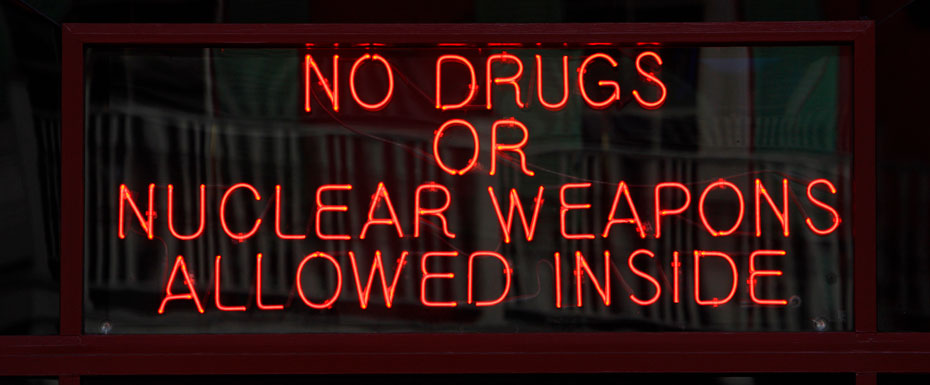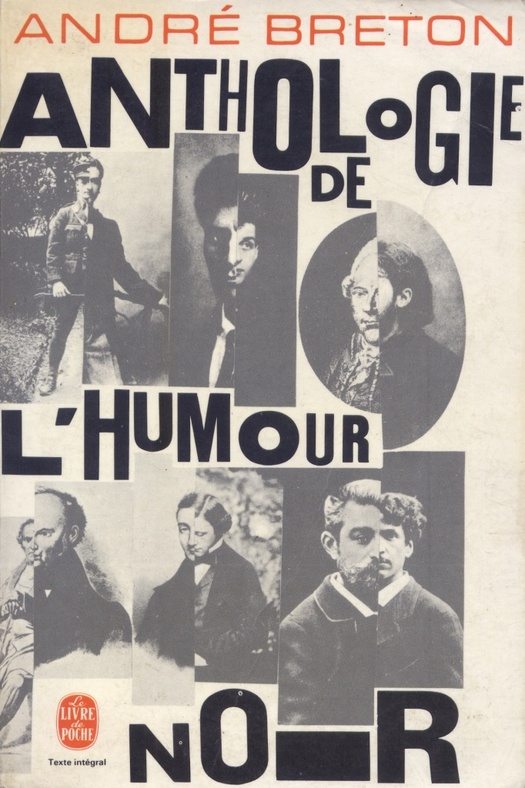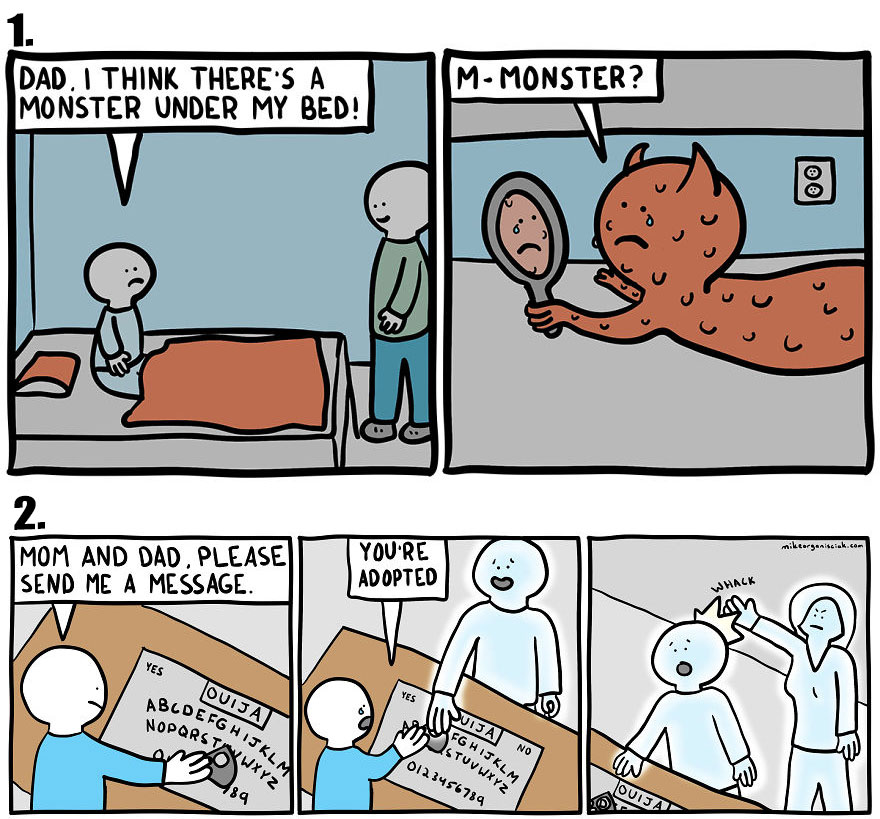
Some people do not like dark humor, while others adore it – in general, it leaves no one indifferent. We’ve all heard that laughter is a great way to relieve stress and make your mood better. But dark humor arose as a phenomenon that rather helped overcome fear – it’s not for nothing that it’s also called “gallows humor,” because once jokes of this kind could be made by those who stood on the scaffold and had nothing to lose.
So when did dark humor begin to exist, and what it’s all about? Probably the correct answer would be to say that it exists as long as humanity itself, with its joys and sorrows. Subtle hints of dark humor can be traced to the works of such writers and thinkers as Aristophanes, François Rabelais, Jonathan Swift, and Voltaire. Dark humor is a form of humor inseparable from cynicism, due to which the comic nature of jokes is most often achieved by the ridicule of death, violence, and other dark themes. The term “black humor” as we know it today originated from surrealism and spread thanks to the writer André Breton, who published The Anthology of Black Humor. Besides, this phenomenon could be seen in the writings of novelists Nathanael West, Joseph Heller, Kurt Vonnegut, and Thomas Pynchon.

Wars and conflicts between states of the XX-XXI centuries served to create a whole era of black humor. Gradually, the jokes that were told behind the scenes went to the masses and became an integral part of our daily life and culture. The previously taboo topics are now used in stand-up shows, music, and video clips. Modern jokes reflect the processes taking place in society. For example, very often, people believe that only cynics achieve success, ready to do anything to achieve their own goals. People without noticing it become more callous and forget about empathy. Black humor often uses farce and low comedy, emphasizing people’s helplessness before fate and their nature. Perhaps dark humor serves as a kind of wake-up call, which helps people look at themselves from the outside and become better.

Either way, dark humor has always sparked debate about its relevance because it’s so easy to cross that fine line and offend a person rather than make them laugh. Many people consider cynical jokes to be a defensive reaction or a banal attempt at self-assertion. But what if you look at dark humor differently? The connection between the preference for cynical jokes and the level of intellect has been studied scientifically. A few years ago, the Vienna Medical University conducted a study, during which it turned out that people who laughed at dark humor had the lowest propensity for aggression and the highest scores on intelligence tests.
Thus, it was found that poor intelligence makes people perceive such jokes too superficially, so they do not like them. A person’s sense of humor greatly depends on their intellectual development. Indeed, in order to quickly come up with something funny, as well as perceive jokes, you need to have erudition and a quick reaction. It’s one thing to laugh at a joke where the humorous part is on the surface, which happens almost automatically. It’s quite another thing when cognitive-emotional processes take place in the brain in order to evaluate a joke, which implies higher intelligence.
Thus, it can be concluded that dark humor sometimes helps a person get through difficult periods in life more easily. It becomes easier for those who prefer dark humor to resist challenges and become more stress-resistant. Looking at the situation from a different angle, we can see notes of absurdity and even comedy in it and relax a little.

Indeed, the task for those who want to succeed in telling dark jokes is not an easy one – but if you strike a balance between funny and offensive, the joke will turn out to be much wittier than a simple anecdote. Our life is filled with events that often do not depend on us, and therefore we cannot do without humor, even if sometimes it seems too “dark.”





